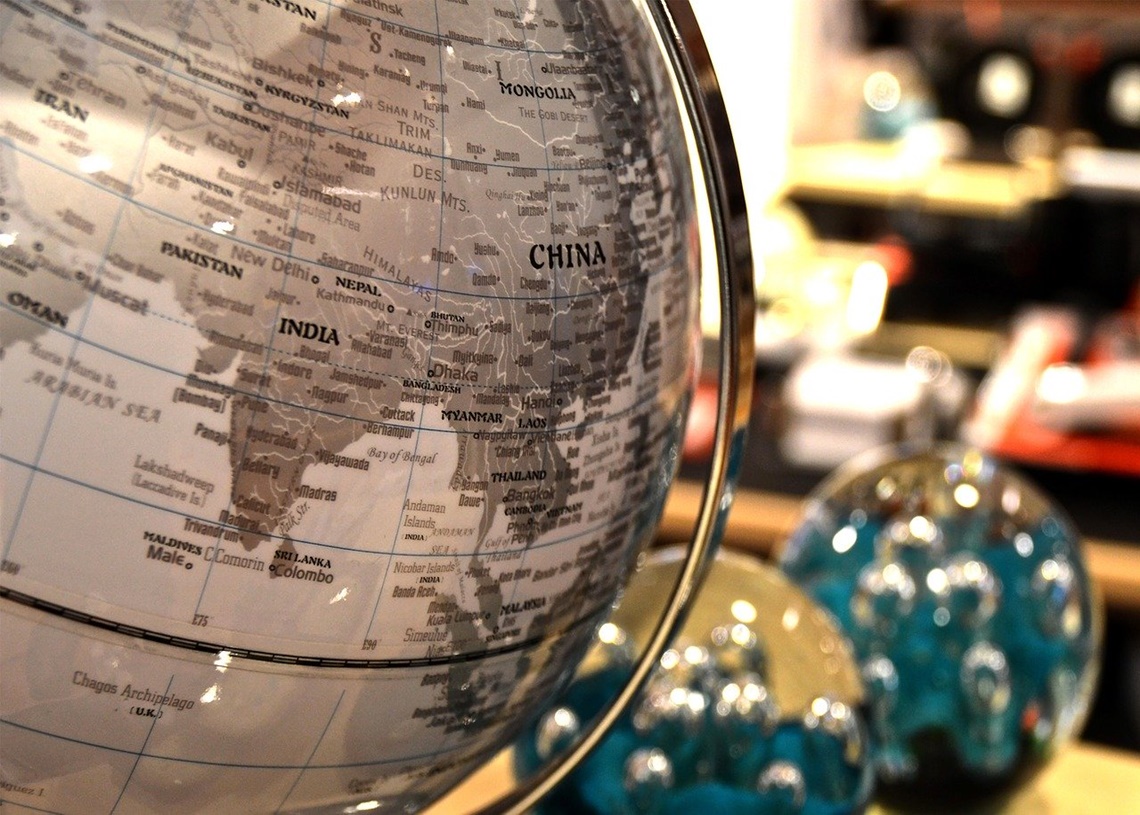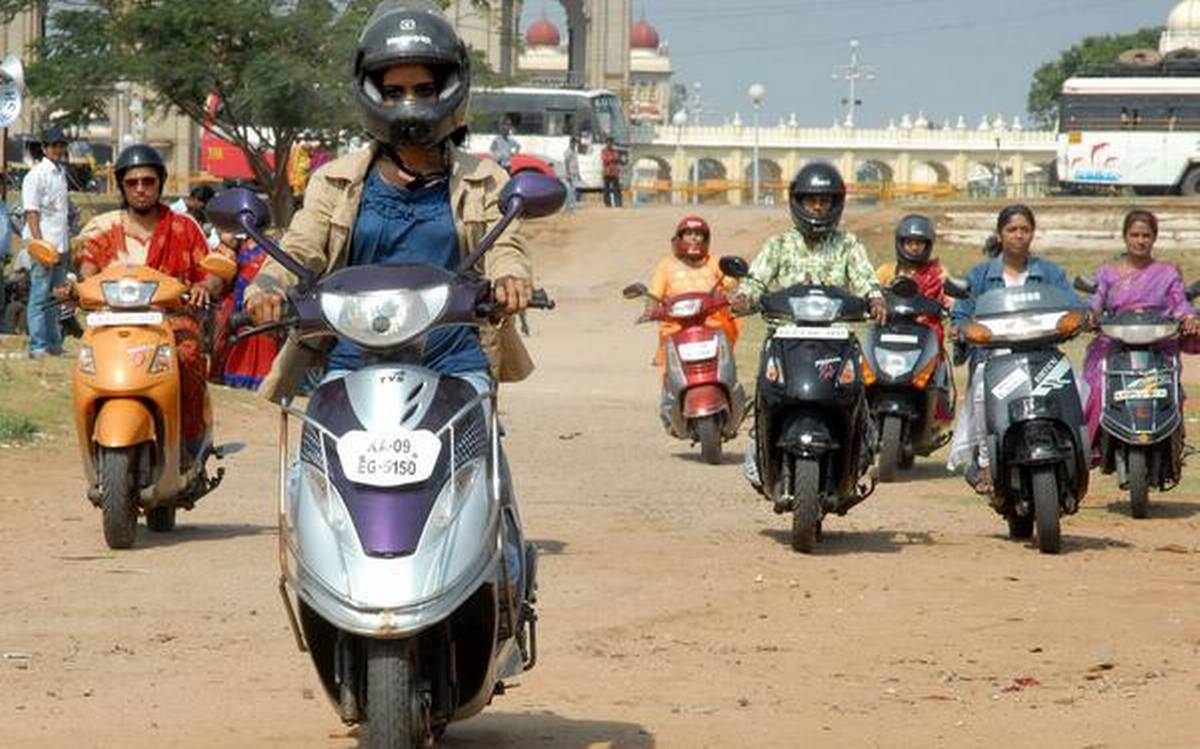Amid the escalating friction between India and China let us all pause for a moment and think if borderless technology serves as a potential solution to a conflict that seems to have no room for a neutral ground.
It’s terrifying to even think about the possibility of a third world war however the way things are shaping up; we could all soon find ourselves in troubled waters, deliberating if there is something we could have done to prevent this. Blockchain, the borderless technology, has been around for some time now and has had as much of a disruptive impact on multiple sectors as the internet is still having. But could this be the greatest purpose it will serve by de-escalating an impending Third World War (WW3)?
India and China border dispute: The story so far
India and China have been at loggerheads over border disputes for years now however one of the more notably serious military standoffs took place in 2017 when China constructed the controversial Doklam road – a trijunction area bordered by China, India, and Bhutan with ambiguous ownership till date. Ever since that day, a series of flare-ups along the border have significantly desecrated the relations between the two countries.
While China believes that India is only taking proactive measures with unarmed combat to take away the focus from a much bigger problem back home, which is the raging pandemic and a collapsing economy, India, on the other hand, has been largely critical of China’s lack of transparency and growing intervention.
Can things turn for the worse?
In a recent interview with Express UK, Michael Kugelman, the deputy director of Asia Program, a forum for political debates across the Asia Pacific, said that things could get pretty bad pretty fast if the two nations indulge in military combats using weaponry, thus causing significant collateral damage.
In the current scenario, China is unwilling to back down and is determined to take over the India-controlled territories. It wants India to stop massive road constructions at the border. India, at the same time, is not ready to bow down to surging pressure and is hell-bent on removing any Chinese intervention from its region. Both sides have demands that neither party is willing to meet.
Commenting further on how these inconclusive border talks are further hampering the chances of a mutual resolution, Kugelman projected that there would come a time when China, in a bid to test India’s patience, will intensify its intrusion in Indian-owned territories. Only this time, it will not be limited to skirmishes.
With a perception of lying low so far, India is under tremendous pressure to showcase its strength to the world. It is quite likely that these border disputes will quickly take a nasty turn and result in loss of hundreds of innocent lives, who are continually looking over their shoulders and fearing a potentially likely WW3.
Is there any way to diffuse growing power politics?
Meanwhile, the US-China trade relations too, are deteriorating with China’s recent show of strength during Taiwan’s diplomatic talks with the United States’ health officials. With China disapproving of strengthening diplomatic relations between Taiwan and the US and threatening the former with serious implications, the US is doing all in its capacity to reduce China’s growing influence over global economics.
All of these instances bring us back to the subject of borderless technology which essentially compels us to think if these power struggles are ultimately a result of people allowing the concentration of too much power at one source? Are we to blame ourselves for the governments silencing our voices by keeping a tight rein on the media? Will the centralization of power be the cause of another world war?
If there was ever a time to uphold power for all and more power to a few, it is now. We must act now before political disagreements lead to large-scale suffering and devastation. Blockchain’s borderless technology framework can reshape the distribution of political power and engender freedom through transparency and accountability.
With the divide between our online and offline lives growing blurred by the day, it is getting easier for governments to control and influence their citizens. After all, they simply have to control the internet and filter what comes in and what goes out through media intervention. By controlling their citizens’ user data, governments hold the ultimate monopoly, but this is not how it should be, and it doesn’t have to remain this way.
Borderless technology can prevent another world war
Big business supports politicians who lobby on their behalf to create legislation that favors them and the news networks they own… and the wheels on the bus go round and round. A decentralized news network is necessary for unbiased news, but until the mass adoption of blockchain takes this development will be a slowly unwinding storyline. It’s like trying to swim upstream in a river – at times, when it’s calm, we make progress. Other times, we get caught in the swift current and drown. Unless, of course, we bring a propeller with us – the blockchain!
Making a case for borderless technology in a border-filled world can be tricky, but if there is one technology that can take away central hands from the levers of control and give it back to the public, it is blockchain. It can serve as necessary countermeasures to growing political and corporate authoritarianism. With its promise of decentralization, it can prevent homogenizing forces from forming into power blocs.
While it could be too early to predict the future of India – China’s ceaseless border issue, let us take this moment to pause, analyze and prepare for how borderless technology can reorganize the power structure. It’s a long road ahead, and blockchain certainly isn’t the cure-all for society’s ills. But its timely and broader adoption can potentially counter tech-evangelism and outsized faith in centralized governments.
Sharing thoughts from friends on blockchain ecosystems
High-scale apocalyptic events caused by advanced technology as evidenced by Hiroshima and Nagasaki could potentially make the Earth’s surface uninhabitable. In hindsight, we are reminded of what Mitch Rankin shared with volunteers over slices of sashimi: Aren’t we adults committing the greater crime by robbing children of a chance to a better life?
A Cree Indian supports this view:
Procrastination is the THIEF of dreams.
His English Forward team and KEY Foundation, to name a few blockchain stalwarts, have been building towards the future with the help of their strong communities. They need more help from networked communities willing to collaborate with them. The possibilities are as endless on the blockchain ecosystem as the problems we are seeking answers for. Both English Forward founders agree:
Bridging on- and off-chain worlds is not about one of the two sides being superior to the other. It is about combining the complementary features both sides offer to come up with something greater.







